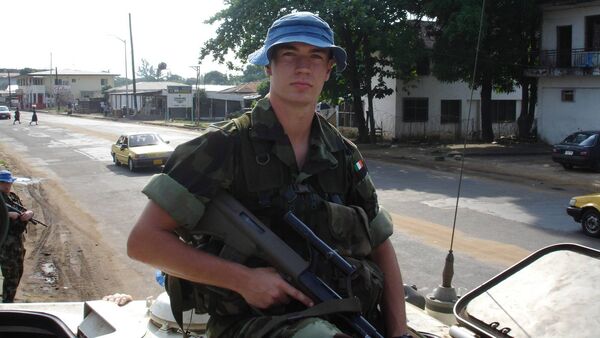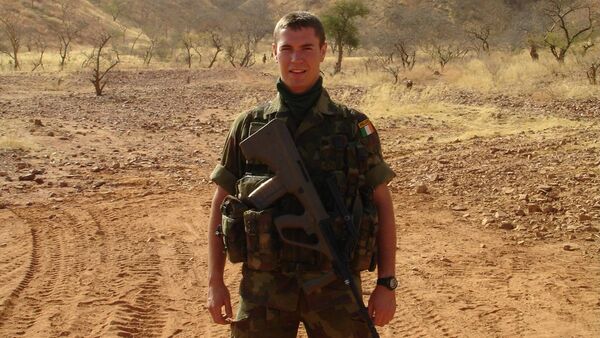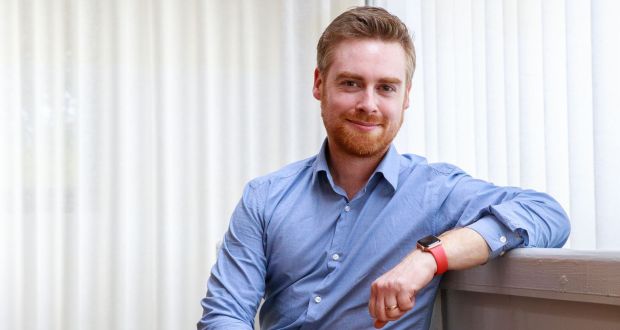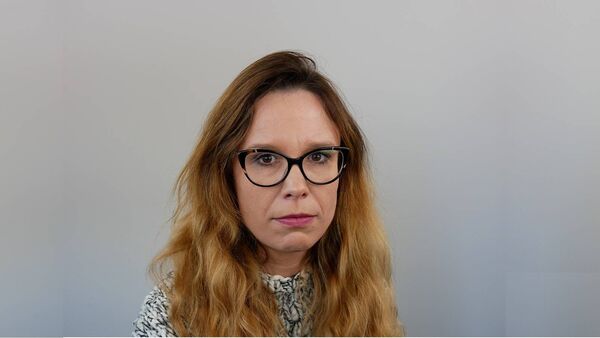This article is sponsored by The Irish Defence Forces as part of the ‘10 Minutes With…’ series.
How did you get started in your role as a military recruiter?
Initially, I served in the infantry for a number of years before starting in my current role. Through an internal job advertisement, I applied, then sat an interview and through courses and qualifications I had obtained through my career so far as I was deemed as the most suitable candidate for this role.
Why did you choose to work with the Irish Defence Forces?
Being in the military and becoming a soldier was a childhood dream of mine, so the choice to join the Defence Forces was an easy one for me but the idea of being part of something bigger than myself and contributing to my nation were big parts of my reasons to join.
What are you working on at present?
I am presently a recruiter in the Recruitment Section and Competitions Section in Defence Forces Headquarters.
What is the best part of your job?
The engagement I get to have with applicants to the Defence Forces and being able to share with them my passion and interest in the military and what it can offer them.
What is a defining career moment or high point? Is there a career moment you are really proud of?
A defining career moment has to be my first mission overseas as a peacekeeper to Liberia. This was also a very proud moment as I got to represent my country in the name of peace under the United Nations and also the first time I got to put all my training into practice.
What’s the best piece of professional advice you’ve received?
In recent times I was advised to look in the direction of CPD (Continuing Professional Development). This has made me realise that there is always, always something new to learn, something to improve on, and something to look back on to reflect on how far you have come.
If you could go back in time and give yourself a piece of advice at the start of your career, what would that be?
To get stuck in from the start and don`t hold back to improve yourself or follow your career goals.
What advice would you give to someone who is thinking about interviewing for this position?
The best advice I could give is to prepare and practice as much as possible so to get the best out of yourself on the day. Try to find out as much about the interview as possible and what format it will take, so you know what to expect. There is nothing worse than going into a completely unfamiliar situation.
What would you say are the key skills and capabilities necessary to be good at what you do?
Interpersonal skills such as communication, active listening and teamwork for interacting with candidates and your recruitment team. Personal skills would include resilience, adaptability and confidence and technical skills would include good market and technical knowledge.
What is the best career lesson you have learned so far?
For me, it is to try find a role that enables you to get your ideal work-life balance.
Which industry professionals should people be following on Twitter/ LinkedIn?
I would recommend the Irish Defence Forces Twitter and LinkedIn pages to keep up to date with everything happening in the organisation and recruitment opportunities.
Is there a particular book or resource you’d recommend to someone early in their career?
A book I have recently read that I think highlights excellently what a career in the military can offer you and demonstrates how you can grow professionally and personally from your experiences is ‘Ranger 22’, by Ray Goggins.

Corporal Richard Troy, Irish Defence Forces, whose first mission overseas as a peacekeeper to Liberia was a defining moment in his military career.










